
As a seasoned entrepreneur, marketer, or startup founder, you’ve likely honed your marketing strategies to resonate with Millennials – after all, they currently hold a staggering $1.7 trillion in spending power and account for nearly 25% of the U.S. population. You understand their love for experiences, their social consciousness, and their appetite for brands that align with their values. But the marketing landscape is shifting, and a new generation is stepping into the spotlight.
Gen Z, with their unique digital fluency, distinct cultural references, and evolving expectations, presents both a challenge and a golden opportunity for your brand. They’re not just the future; they’re a rapidly growing consumer force, wielding $143 billion in spending power themselves and influencing trillions more in family spending. 97% of them are active on social media, consuming content at an astonishing rate of 3 hours and 35 minutes per day.
To ensure your brand thrives in the global market, it’s crucial to bridge the gap between Beyoncé and Billie Eilish. This guide will empower you to understand Gen Z’s distinct cultural landscape, decode their communication styles, and equip you with the tools to create campaigns that resonate across generations and continents.
Gen Z v/z Millennials: Who Are They?
Gen Z
(Born 1997-2012)
- True Digital Natives: They don’t remember life before the internet – it’s in their DNA.
- Value Warriors: Social and environmental issues are top of mind. If your brand doesn’t care, neither do they.
- Individualists: Self-expression is key. They want brands that celebrate their unique personalities and diverse backgrounds.
- Visually Oriented: Instagram and TikTok are their playgrounds. Think short, eye-catching videos and you’ve got their attention.
- Financially Savvy: They’re more financially aware and pragmatic than previous generations.
Millennials
(Born 1981-1996)
- Digital Pioneers: They witnessed the rise of the internet and social media – and they’re pros at navigating it.
- Experience Enthusiasts: Forget material things; they’d rather splurge on travel, events, and personal growth.
- Socially Conscious: They care about the world, maybe not as loudly as Gen Z, but they’re still paying attention.
- Brand Loyalists: They’ll stick with brands they love, but convenience and personalization are deal-breakers.
- Community-Minded: They want to feel connected and like they belong – build a community around your brand, and they’ll be all in.
Common Ground
- Tech-Savvy: They’re comfortable with technology and expect seamless digital experiences.
- Authenticity-Seeking: They crave transparency and genuine connections with brands.
- Personalization-Driven: They expect tailored experiences and recommendations.
Your Gen Z v/s Millennial Marketing Playbook

1. Mobile-First, But With Nuances
- Millennials (Early Adopters): They embraced smartphones as they entered adulthood, valuing convenience and connectivity. Optimize your website and apps for seamless browsing on mobile devices and prioritize user-friendly navigation with clear calls-to-action. Remember, 47% of consumers expect a website to load in 2 seconds or less. The Amazon app’s “Buy Now with 1-Click” button is a prime example of catering to their busy lifestyles and need for convenience, streamlining the purchase process with a single tap.
- Gen Z (Mobile-Only): Gen Z, on the other hand, has never known a world without smartphones. They’re true mobile natives, and their expectations are even higher. To capture their attention, your mobile experience needs to be lightning-fast, visually engaging, and tailored to their short attention spans. Think snackable content, thumb-friendly designs (after all, 75% of smartphone users use their thumbs to interact with their screens), and interactive elements like quizzes or polls to keep them engaged. The TikTok app is a masterclass in catering to these preferences, with its short-form video format, intuitive interface, and features like challenges and duets that encourage participation and content creation.
2. Real-Time Marketing
Both generations are used to instant gratification. Leverage micro-moments (those brief windows of time when they turn to their devices) with targeted content, and utilize real-time marketing to respond to trending topics and events.
Take, for example, Ryan Reynolds’ brilliant response to the controversial Peloton holiday ad in 2020. By quickly crafting a humorous ad featuring the same actress from the Peloton commercial, enjoying a cocktail with friends, Reynolds not only generated massive buzz for his Aviation Gin brand but also demonstrated the effectiveness of real-time marketing in capturing the zeitgeist and turning a cultural moment into a brand opportunity.
3. Targeted Messaging: Speak Their Language
- Millennials are Aspirational and Nostalgic: They seek content that reflects their values, aspirations, and experiences. Tap into their nostalgia with subtle references to the pop culture of their youth, like iconic TV shows, movies, or music. Highlight milestones they’ve reached—career achievements, starting families, buying homes—and showcase how your brand can help them continue to live their best lives. Airbnb’s “Live There” campaign, for instance, resonated deeply with Millennials by focusing on authentic travel experiences that allow them to immerse themselves in different cultures and create lasting memories.
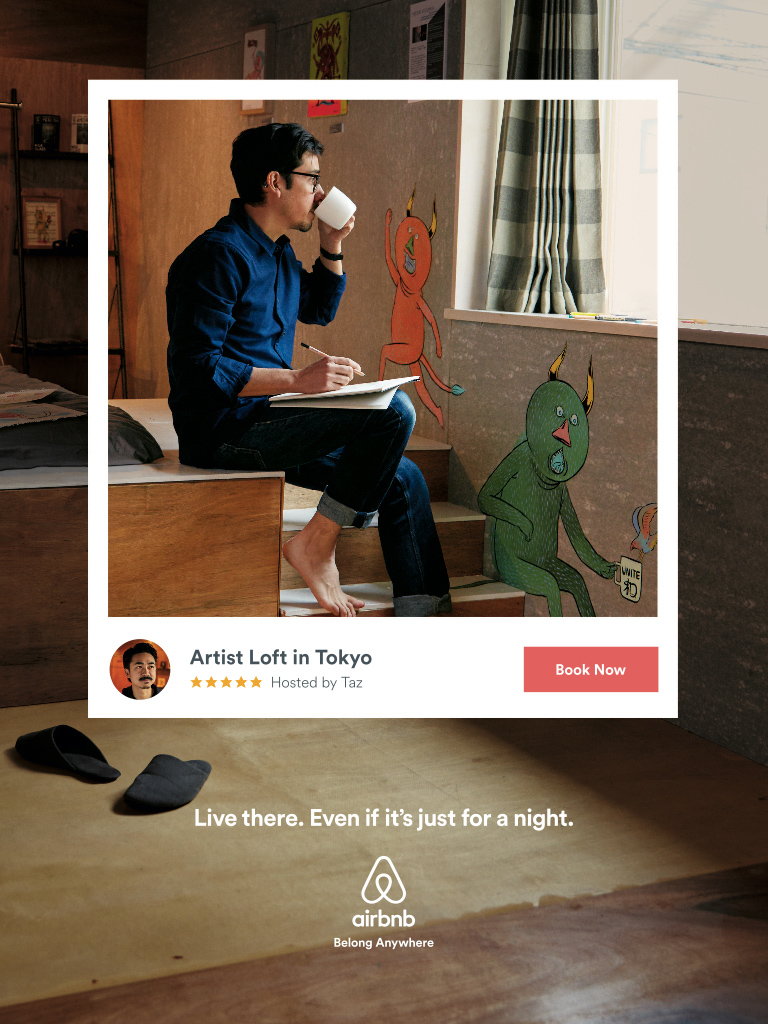
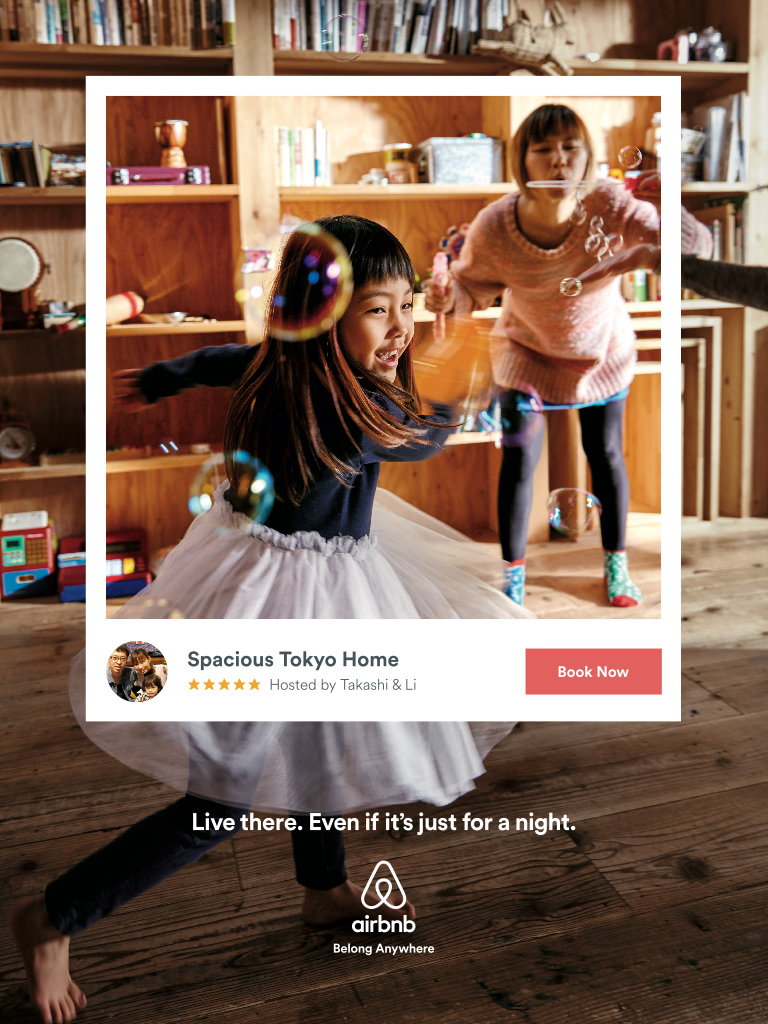

- Gen Z prioritizes Authenticity and Inclusivity: They crave authenticity, diversity, and social consciousness. They’re quick to spot anything that feels fake or performative, so your brand needs to be genuine, transparent, and socially conscious. Use a conversational tone in your messaging, incorporate humor and memes that they’ll instantly recognize, and showcase diverse representation in your marketing campaigns. Glossier, the beauty brand beloved by Gen Z, has nailed this approach with its body-positive campaigns, casting models of all shapes, sizes, and ethnicities to reflect the diversity of its audience.
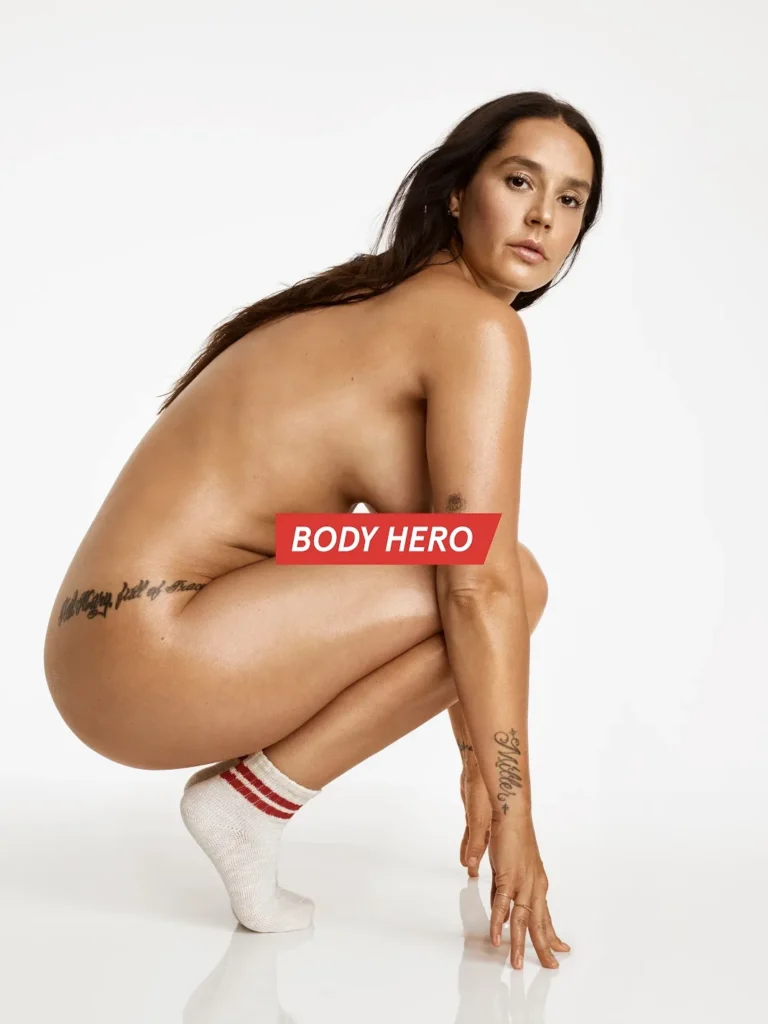
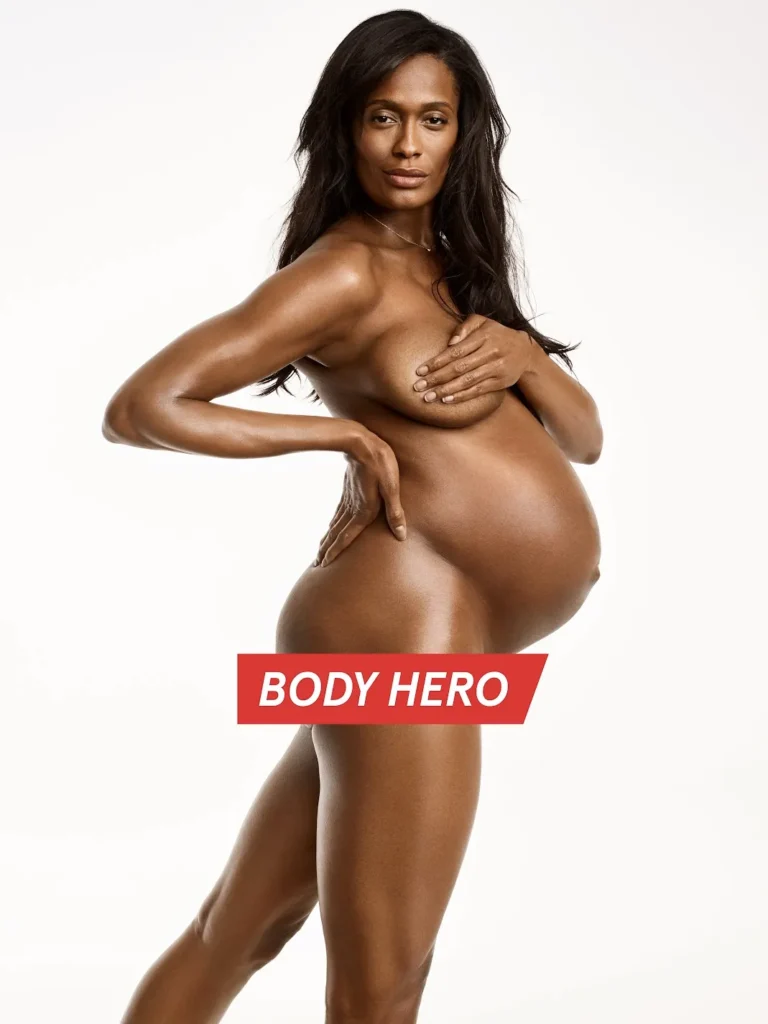
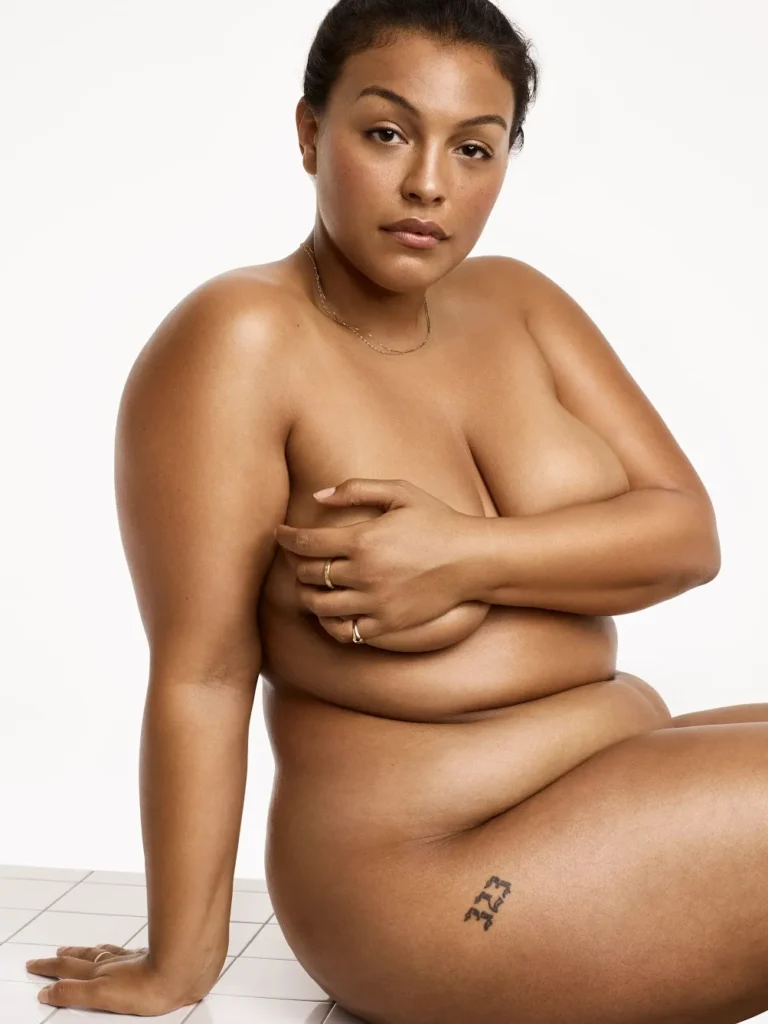
4. Social Media: Master Multiple Platforms
- Millennials (The Multi-Platform Mavens): While Facebook might not be their newest obsession, 77% of Millennials are still active users, connecting with friends, family, and niche communities. Instagram is their go-to for visual inspiration, influencer marketing, and increasingly, shopping. YouTube remains their trusted source for long-form content, tutorials, and in-depth reviews. And don’t forget Twitter (or X) for news, cultural commentary, and following thought leaders. Millennials are also avid users of Pinterest, seeking inspiration for DIY projects, recipes, and home decor.
- Gen Z (The Visual Storytellers): Instagram reigns supreme for Gen Z, but it’s all about Stories, Reels, and short-form videos. They crave authenticity, interact directly with brands, and are highly influenced by their peers. TikTok is their cultural hub, a place for trends, challenges, and unfiltered self-expression. Snapchat remains their private haven for close connections and disappearing content, while YouTube is still relevant for longer videos and reviews, although shorter formats like YouTube Shorts are gaining traction.
While each generation has their preferred platforms, there is significant overlap. Tailor your content to the platform and specific audience segment. Gen Z leans heavily towards short-form video content (TikTok, Reels, YouTube Shorts), while Millennials engage with both short and long-form content. Both generations prioritize authenticity on all platforms. Avoid overly polished or staged content, and focus on building genuine connections. Keep an eye on newer platforms like BeReal or Twitch, as Gen Z, in particular, is always seeking the next big thing.
5. Influencer Marketing: Trust is Paramount
- Millennials (Established Influencers): Millennials are often swayed by celebrities and well-known bloggers. Partner with influencers who align with your brand values and whose audience demographics match your target market. A prime example is the partnership between Calvin Klein and a plethora of A-list celebrities for the #MyCalvins campaign. By featuring stars like Justin Bieber, Kendall Jenner, and Shawn Mendes in intimate settings wearing Calvin Klein apparel, the brand tapped into diverse Millennial interests, from music to fashion to pop culture.
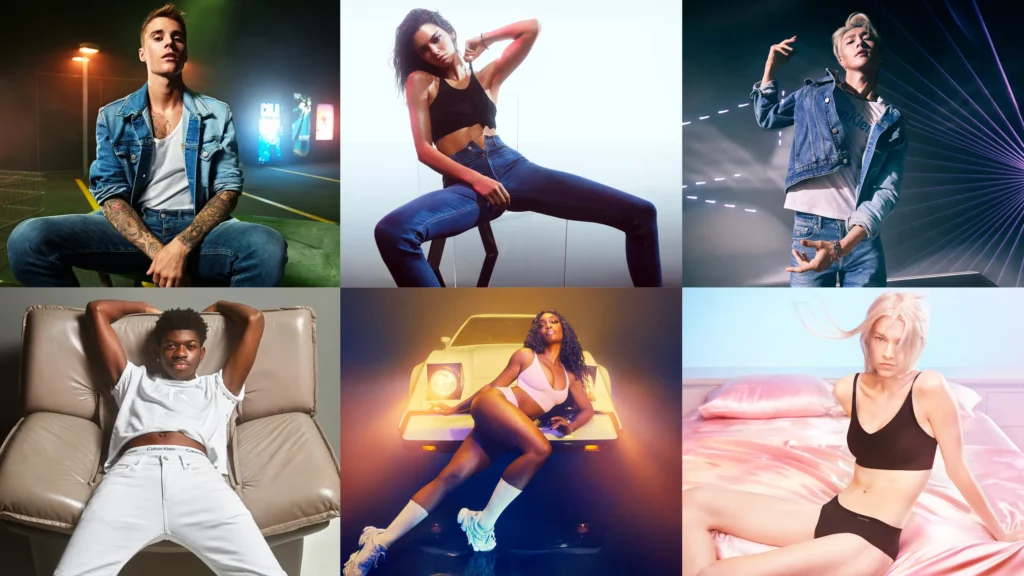
- Gen Z (Micro-Influencers and Peer Recommendations): They’re more likely to trust recommendations from friends or micro-influencers they perceive as authentic and relatable. Focus on building relationships with these smaller-scale influencers and encourage user-generated content. Fashion Nova’s frequent partnerships with micro-influencers on Instagram, showcasing their trendy and affordable clothing to niche communities, is a testament to this approach. While collaborating with celebrities like Rihanna has been successful for Fenty Beauty across generations, the brand’s focus on amplifying the voices of everyday consumers through user-generated content has further solidified its connection with Gen Z, demonstrating that authenticity and inclusivity are key to winning over this discerning demographic.
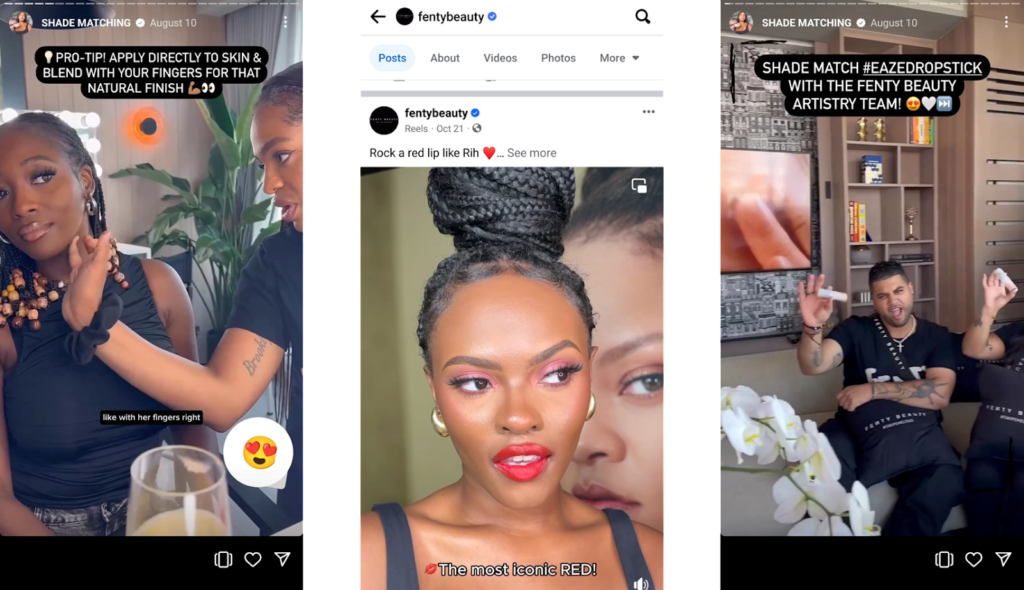

Expand Beyond Social
Collaborate with influencers on product development, events, or other initiatives that resonate with their audience.
Adidas, for example, tapped into the star power and cultural influence of Beyoncé by collaborating with her to create a signature line of athleisure wear and footwear. This strategic partnership not only leveraged Beyoncé’s massive Millennial and Gen Z following but also aligned the brand with her values of empowerment and self-expression, driving both sales and brand awareness.

Similarly, Gymshark has fostered a dedicated community of fitness enthusiasts across generations through its athlete partnerships. By creating workout challenges, hosting events, and developing exclusive product lines in collaboration with these influencers, Gymshark has successfully tapped into the aspirational and community-driven aspects that appeal to both Millennials and Gen Z.
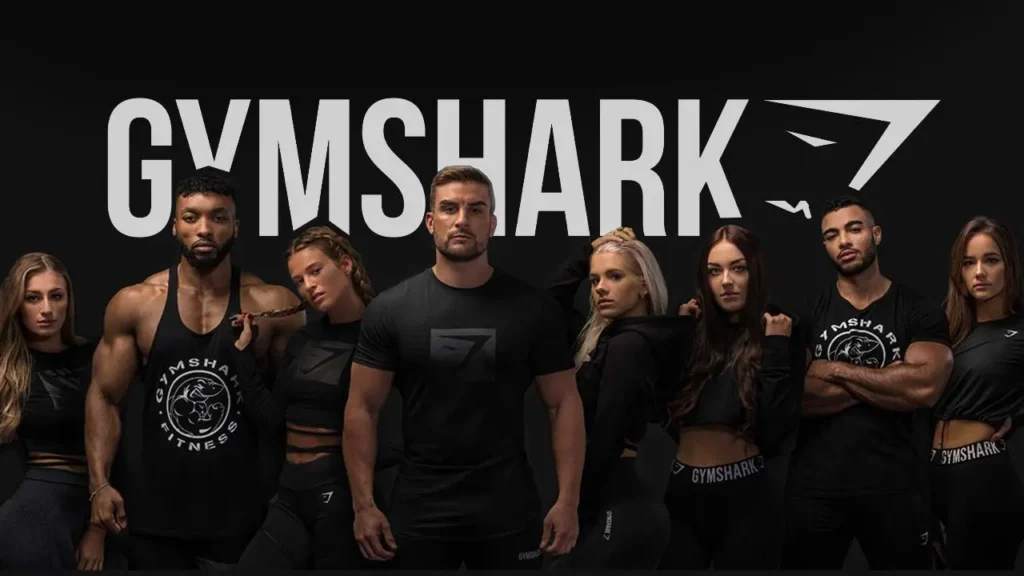
6. Content Formats: Cater to Attention Spans
- Millennials (Long-Form Content): They still engage with blog posts, articles, and longer videos. Create in-depth content that educates, entertains, or inspires. Repurpose this content into shorter snippets for social media. Millennials frequently turn to YouTube for in-depth product reviews before making a purchase, seek out educational content like TED Talks to expand their knowledge, and rely on platforms like The New York Times for news and analysis.
- Gen Z (Bite-Sized and Visual): Gen Z thrives on short-form, visually engaging content that quickly captures their attention. They are drawn to platforms like TikTok and Instagram Reels, where brands can showcase products, tell stories, and engage users through challenges, humor, and trends
Interactive Content
Incorporate quizzes, polls, and gamified elements to engage both generations. Gen Z, in particular, enjoys interactive and immersive experiences. Duolingo, for instance, has successfully leveraged gamification to make language learning fun and engaging. Through features like streaks, leaderboards, and virtual rewards, Duolingo keeps users motivated and coming back for more, tapping into Gen Z’s desire for interactive experiences and instant gratification.
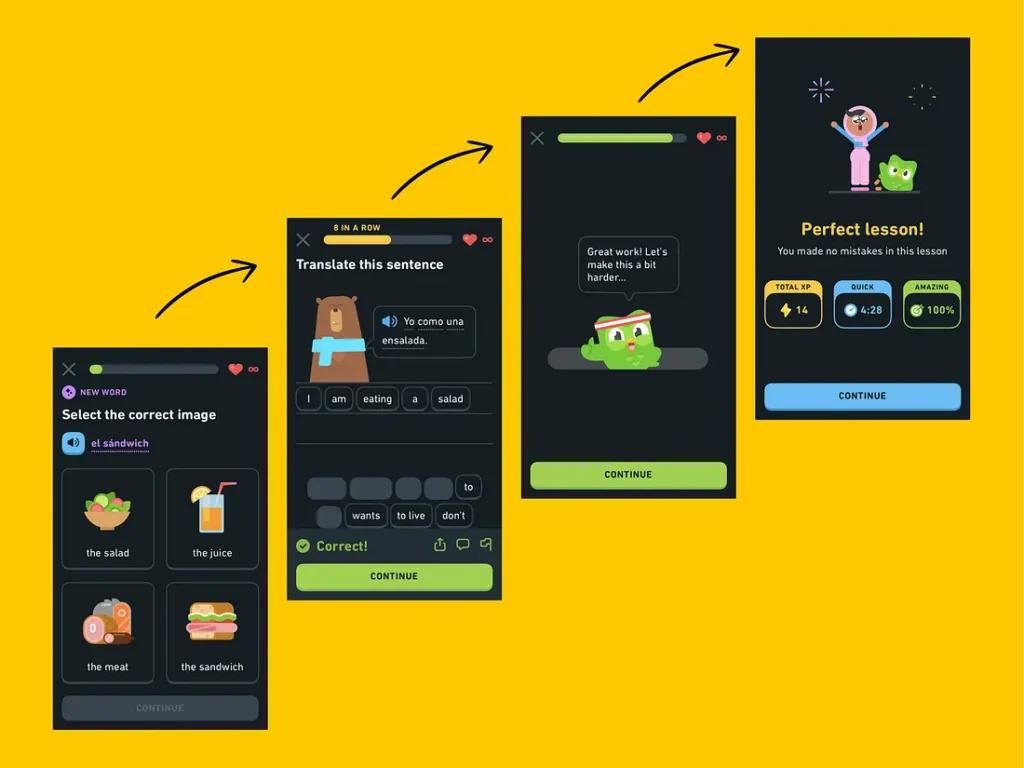
7. Advertising: Relevance and Respect
- Millennials (Targeted Ads): They’re more receptive to ads that are relevant to their interests and life stage. Use data-driven targeting to reach them with personalized offers and messages. At the end of each year, Spotify creates personalized “Wrapped” playlists and summaries for each user, showcasing their top songs, artists, genres, and listening habits. These highly personalized insights are then shared across social media platforms, encouraging users to compare and discuss their music tastes. This campaign capitalizes on Millennials’ love for personalized experiences and their desire to share aspects of their identity online, generating significant buzz and brand engagement.
- Gen Z (Skippable and Non-Intrusive Ads): They’re quick to skip or block ads they find irrelevant. Create ads that are entertaining, informative, and add value to their experience. Consider interactive ad formats or gamified elements. Chipotle’s viral #GuacDance challenge on TikTok encourage users to create and share videos performing a dance for free guacamole, resulting in over 1 billion views and massive user engagement. Fenty Beauty’s Instagram Reels often showcase quick makeup tutorials and product demos, using trending music and visually appealing formats to capture Gen Z’s attention.
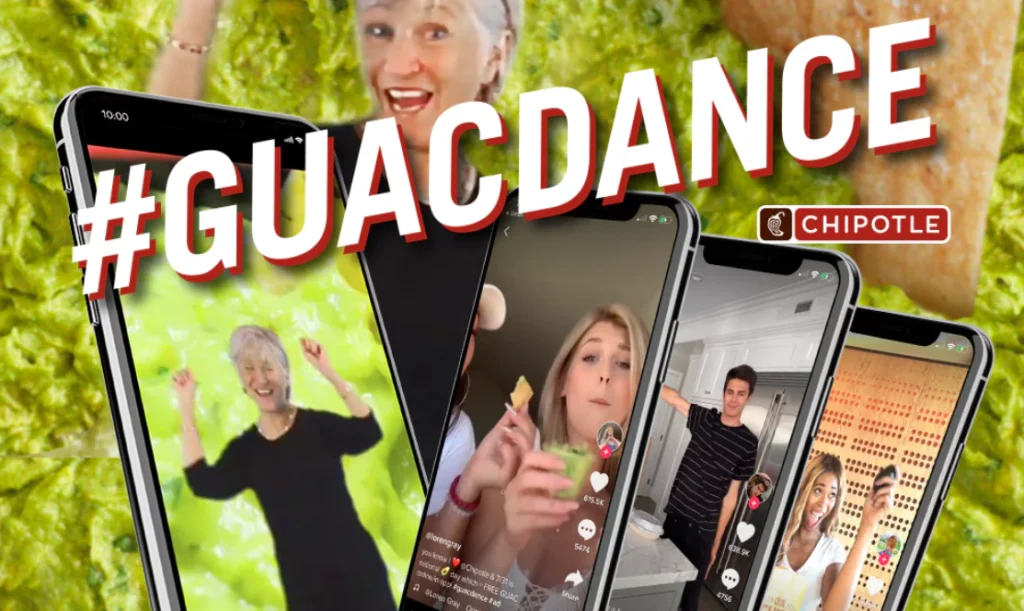
8. Values-Based Marketing: Align with Their Priorities
- Millennials (Social Impact and Transparency): Highlight your company’s commitment to social and environmental issues. Be transparent about your business practices and values. Partner with charities, support local initiatives, or donate a portion of proceeds to causes they care about. TOMS Shoes’ “One for One” model, where a pair of shoes is donated for every pair purchased, is a classic example of how values-based marketing resonates with Millennials’ desire to make a difference through their purchasing decisions.

- Gen Z (Diversity, Inclusion, and Authenticity): They value brands that embrace diversity and inclusivity. Showcase diverse representation in your marketing campaigns and ensure your messaging is inclusive and respectful. Partner with diverse creators and influencers. Savage X Fenty, Rihanna’s lingerie line, has disrupted the industry with its celebration of diverse body types and its commitment to inclusivity. The brand’s runway shows and marketing campaigns feature models of all shapes, sizes, ethnicities, and abilities, challenging traditional beauty standards and empowering consumers to feel confident and sexy in their own skin. This approach has resonated deeply with Gen Z, who have flocked to the brand for its inclusive messaging and products.
Authentic Cause Marketing
Both generations care about social issues, but Gen Z is particularly wary of inauthenticity. Ensure your cause marketing efforts are genuine and align with your brand values. Patagonia, the outdoor apparel company, has built a loyal following among both Millennials and Gen Z for its unwavering commitment to environmental activism. They donate 1% of sales to environmental nonprofits, advocate for policy changes, and encourage customers to repair and reuse their products rather than buy new ones. This authentic dedication to a cause they truly believe in has earned them the trust and respect of conscious consumers across generations.

9. Embrace New Technologies
Experiment with emerging technologies like VR, AR, or the metaverse to create immersive brand experiences that appeal to both generations’ tech-savvy nature. IKEA’s Place app uses augmented reality to let users visualize how furniture would look in their homes.
Gucci’s virtual garden on Roblox allows users to explore and interact with the brand’s products in a playful and engaging way, reaching a younger audience and building brand awareness in the metaverse. Similarly, Nike launched NIKELAND on Roblox, a virtual world where users can play games, socialize, and customize their avatars with Nike gear, blurring the lines between physical and digital worlds. Balenciaga’s collaboration with Fortnite, where they created a virtual collection of clothing and accessories for players’ avatars, further demonstrates the potential of these technologies to bridge the gap between different industries and capture the attention of Gen Z and Millennials.
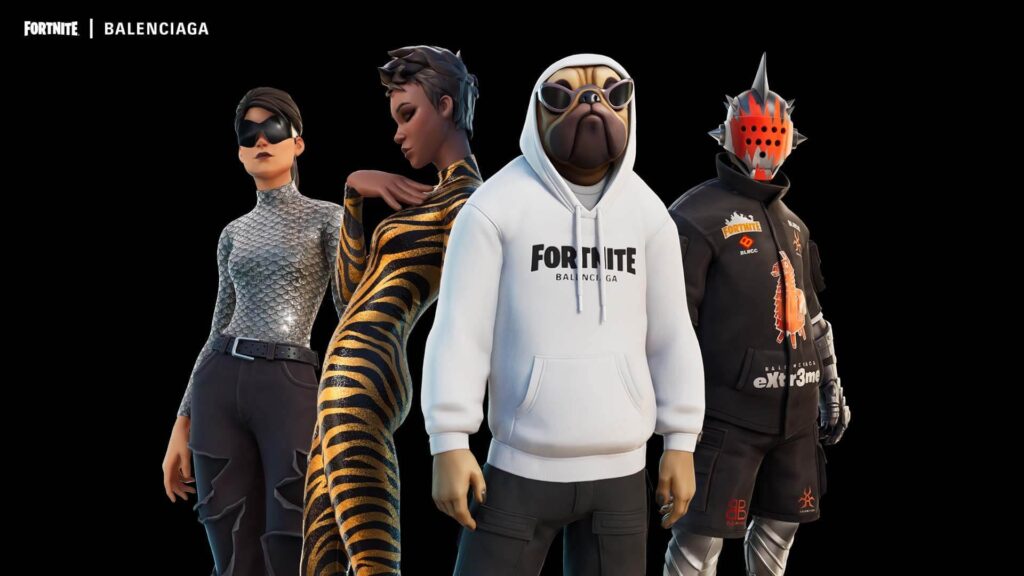
Wrapping Up
By understanding the distinct characteristics and preferences of Millennials and Gen Z, you can create a multi-faceted marketing strategy that appeals to both generations. While their differences are significant, their shared desire for authenticity, connection, and meaningful experiences can guide your approach. By tailoring your messaging, content formats, advertising strategies, and social media presence, and by embracing new technologies, you can bridge the gap between these two influential generations and position your brand for sustained success in the ever-evolving marketing landscape.
Need Help Reaching Gen Z and Millennials?
Marketing to these generations feeling overwhelming? Don’t worry, Wolfpack is here to help. We specialize in understanding the unique needs and preferences of Gen Z and Millennials. We’ll craft a strategy that speaks their language, helping you build a genuine connection and drive real results. Ready to elevate your brand and reach new heights? Partner with Wolfpack and let’s make it happen.